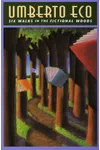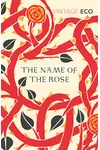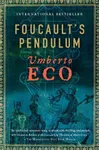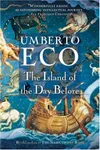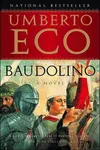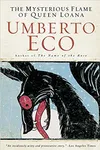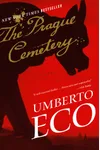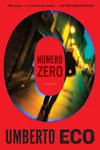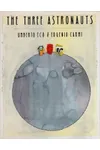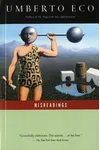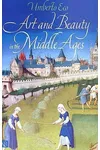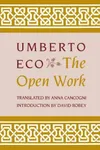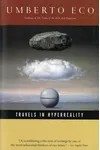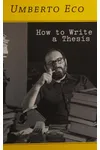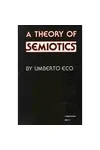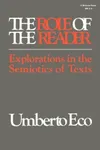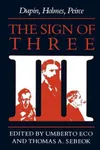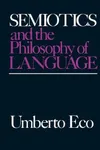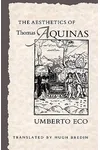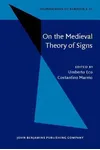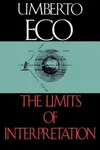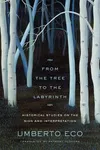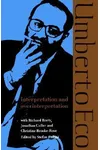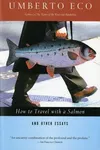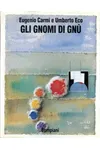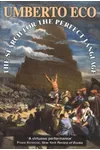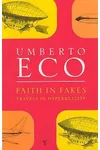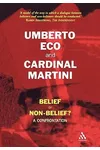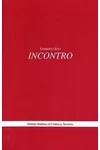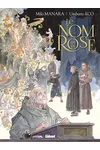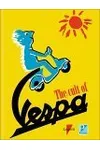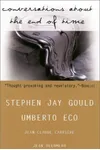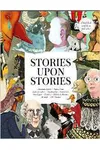Picture an Italian scholar spinning medieval mysteries into global bestsellers—meet Umberto Eco! A novelist, philosopher, and semiotician, Eco turned dense ideas into thrilling stories, captivating readers with works like The Name of the Rose. His unique blend of intellect and storytelling made him a literary giant, inviting us to unravel life’s puzzles through his pages.
Born in the Piedmont region of Italy, Eco’s life was a tapestry of ideas, weaving together history, signs, and stories. His work challenges us to think deeply while keeping us hooked with clever narratives. Ready to dive into his world? Let’s explore the man behind the masterpieces.
The Making of Umberto Eco
Umberto Eco was born on January 5, 1932, in Alessandria, Italy, a small city that sparked his lifelong curiosity. Growing up during World War II, he developed a love for books and ideas, studying philosophy at the University of Turin. His doctoral work on medieval aesthetics laid the foundation for his fascination with signs and symbols, which would define his career. Initially a cultural critic and academic, Eco’s shift to fiction in his late 40s surprised the world, proving his versatility as a storyteller.
Eco’s early career was rooted in semiotics—the study of signs and meaning. He taught at universities across Europe and wrote influential academic works, but his playful side emerged in essays on pop culture, from Superman to James Bond. This blend of high and low culture became his signature, setting the stage for his literary breakthrough.
Umberto Eco’s Unforgettable Stories
Eco’s debut novel, The Name of the Rose (1980), is a medieval whodunit that blends murder, theology, and semiotics. Set in a 14th-century monastery, it follows monk William of Baskerville as he solves a series of mysterious deaths. The book’s rich historical detail and intellectual depth made it a global hit, later adapted into a film starring Sean Connery.
Foucault’s Pendulum (1988), Eco’s second novel, is a dizzying conspiracy thriller about three editors who invent a fictional secret society, only to find their creation dangerously real. Its intricate layers of history, occultism, and philosophy showcase Eco’s knack for turning ideas into page-turners. Other notable works include The Island of the Day Before (1994), a philosophical tale of a 17th-century castaway, and Baudolino (2000), a fantastical journey through the Middle Ages. Eco’s style—dense, witty, and packed with intertextual references—challenges readers to engage actively, rewarding them with both entertainment and insight.
His non-fiction, like A Theory of Semiotics (1975) and Six Walks in the Fictional Woods (1994), bridges academic and popular audiences, exploring how stories shape our understanding of the world. Eco’s ability to make complex ideas accessible without losing depth is a hallmark of his genius.
Why Umberto Eco Matters
Umberto Eco’s impact transcends literature. He redefined historical fiction by infusing it with intellectual rigor, inspiring authors to blend scholarship with storytelling. His work in semiotics revolutionized how we analyze culture, from novels to advertisements. Eco’s playful yet profound approach to ideas made him a cultural icon, influencing writers, scholars, and filmmakers worldwide.
His legacy endures in the way we question narratives and seek meaning in a chaotic world. Eco didn’t just write stories—he taught us to read the world like a book, full of signs waiting to be decoded.
About Umberto Eco
- Born: January 5, 1932, Alessandria, Italy
- Key Works: The Name of the Rose, Foucault’s Pendulum, Baudolino
- Awards: Strega Prize (1981), Prix Médicis Étranger (1982)
- Died: February 19, 2016
Snag The Name of the Rose and dive into Umberto Eco’s brilliant world of mystery and meaning!

